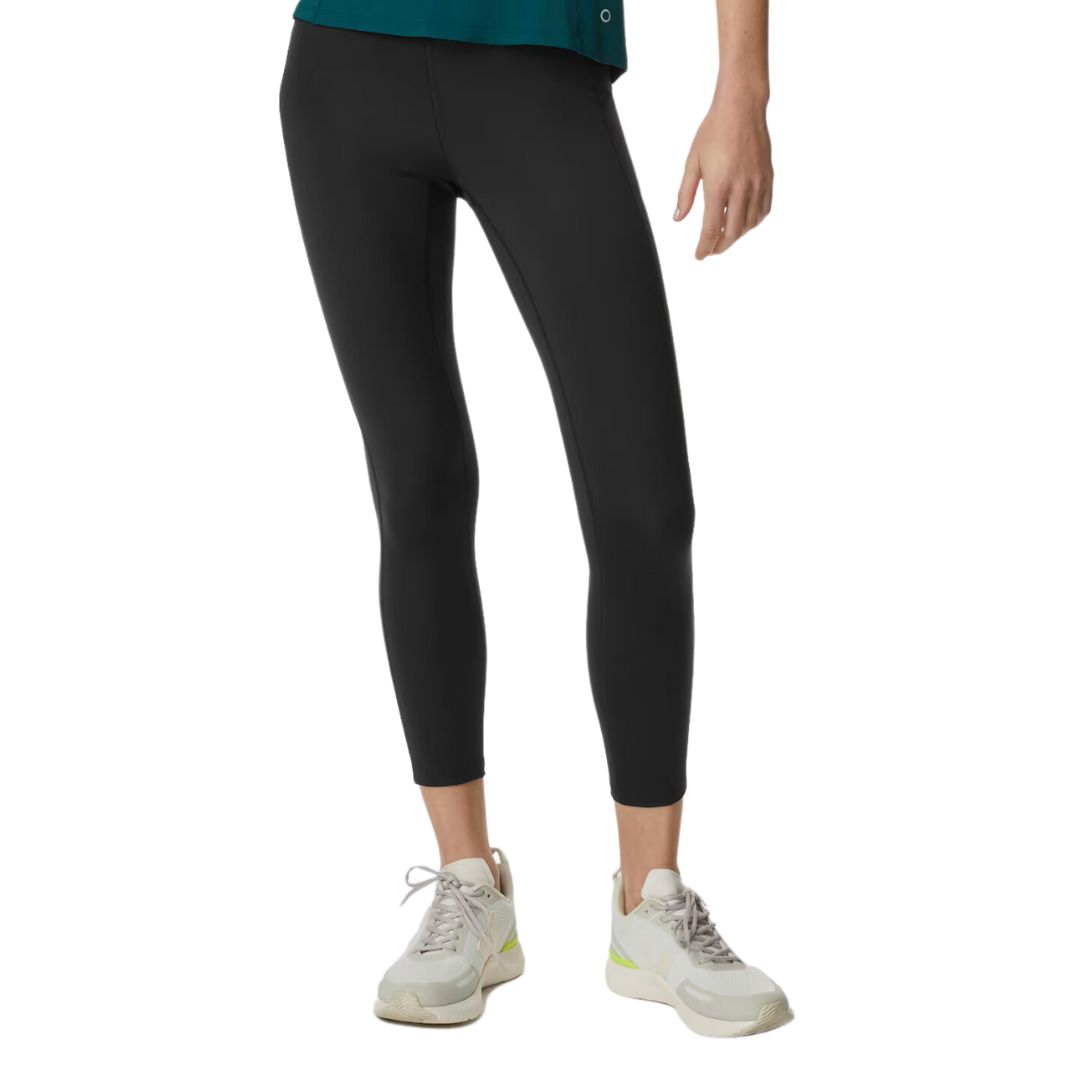I'm a world-renowned gut health doctor - 5 surprising foods that might be triggering painful bloating this autumn
The more you know...

Hands up if you've been feeling a little out of whack since the seasons have changed? If that's you, then you're not alone. According to the Office of National Statistics, it's thought that as many as one in six (16%) adults experience a dip in mood around October.
While the clocks changing and fewer daylight hours certainly play a large part in this, a shift in the type of food we eat can also be responsible.
Here at Marie Claire UK, we're all about promoting a balanced lifestyle that includes nutrient-dense foods and soul-boosting, not-so-nutrient-dense meals that bring you joy, too. The below guidance is specifically for people who are currently experiencing painful or debilitating bloating and are curious to know whether certain foods may be responsible. We're not demonising foods or encouraging anyone to cut anything out - rather, empowering our readers to educate themselves on what foods work best for them and their bodies.
That's where Dr Megan Rossi comes in, an award-winning gut health scientist, dietitian, nutritionist and best-selling author. She's always one step ahead of the curve when it comes to educating the nation on the latest gut health research, and below, she's shared five seasonal foods which may be causing bloating and fatigue right now.
Before you scroll on, know this: a little bit of bloating, particularly after a high-fibre meal, is completely normal and can be a sign of a well-fed gut microbiome, shares the expert. "However, it may be time to seek additional support if it becomes burdensome or constant, assessing your diet and lifestyle triggers for bloating and identifying your personal triggers," she adds.
Ready to get to the bottom of your bloating? Keep scrolling - and don't miss our guides to what causes bloating, unhealthy gut symptoms and how to get rid of a bloated stomach after flying, while you're here.
5 autumnal foods that may be causing bloating
Why is what we eat so important for our general wellbeing?
Did you know? Science shows that every organ in our body needs good nutrition to survive and even more to thrive. "More recently, we’ve discovered that food also dictates the trillions of microorganisms within us, otherwise known as your gut microbes," she explains.
Marie Claire Newsletter
Celebrity news, beauty, fashion advice, and fascinating features, delivered straight to your inbox!
Know this: "This community of over 40 trillion bacteria is incredibly powerful and has been linked to everything from our hormones to metabolism and even mental health," she goes on.
What should you do if you experience regular bloating or fatigue?
You've probably seen a TikTok or two about how cutting out food groups is the easiest way to establish what's causing your recurring bloating. That said, Dr Rossi warns that it’s important to remember that our microbes love diversity and need a wide variety of foods to thrive.
Her advice? "Switch it, don’t ditch it, at least until your symptoms ease," she shares. "The end goal should always be to identify your personal bloating triggers and retrain your gut to be able to digest any trigger foods without any issues."
That said, if you’re still keen to establish some common seasonal culprits, these below foods are worth considering.
5 foods that may be triggering bloating at this time of year
1. Mixed beans
You'll likely know that mixed beans are great for your gut, packed with prebiotics which Dr Rossi describes as "gut-loving fertilisers for your microbes."
That said, beans are rapidly fermented by your microbes, which means that if you have a sensitive gut, it can trigger a lot of excess bloating, she goes on.
Try this: "It could be worth switching to firm tofu if you’re struggling with a bloating flair-up," she recommends. "Don’t forget to reintroduce beans when symptoms ease, as they’re a great source of gut-loving fibre and can help you to reach your 30g daily target. Simply start by halving your serving size, and gradually increase over time."
2. Dried fruit
Dried fruit is a staple around this time of year - not only does it provide quick-release energy, but it's often found in our Christmas cakes and bakes, meaning we all likely consume more of it at this time of year.
That said, while dried fruits can be a great way to add plant diversity to your diet, they're also a concentrated source of fructose which, the doctor explains, can limit absorption and lead to fructose malabsorption, sending your microbes into a feeding frenzy.
Her advice? Don’t stray from fruit completely. Instead, switch to whole fruit alternatives like oranges. clementines or blueberries.
3. Pasta
Did you know? "It's not normally the gluten component of pasta, but the fructan component that most people have issues with," shares Dr Rossi.
She advises visiting your doctor if you're worried about gluten sensitivity or coeliac disease. But if you believe fructan may be the culprit, she advises that you can train your gut to increase your tolerance over time.
"Again, don’t cut these foods out completely — just like with beans, keep the portions small, to begin with, and gradually increase your portion sizes over time," she shares. "To relieve any immediate gut flair-ups, you may want to switch to oats or quinoa, which are both low in fructans."
4. Onion and garlic
While onion and garlic are powerhouse flavours in winter, they're also common triggers of gut symptoms.
"They're both high in prebiotics and can cause gut symptoms, including bloating and cramps, particularly for those with irritable bowel syndrome, otherwise known as IBS," Dr Rossi explains.
Try this: If you’re still looking for the umami flavour in your meals, she advises trying using asafoetida powder. "You need to fry it in oil before adding it to any dish to ensure you get the flavours just right," explains Dr Rossi.
5. Brussel sprouts
Last but by no means least, brussels sprouts can cause bloating. While they're a bit like marmite, some may be sensitive to the fructans they contain.
"But rest assured, you don’t need to cut them out entirely," reassures the doctor. "Limiting yourself to no more than two per sitting should prevent your microbes from going into a feeding frenzy and better support digestion," she concludes.
Bottom line: There are so many myths and misinformation about bloating on social media today, which can often worsen bloating issues and prevent you from finding the science-backed solutions you need. If you want to test your bloating knowledge and get the facts, try Dr Megan's free bloating quiz, here.
Shop MC UK approved fit kit now:
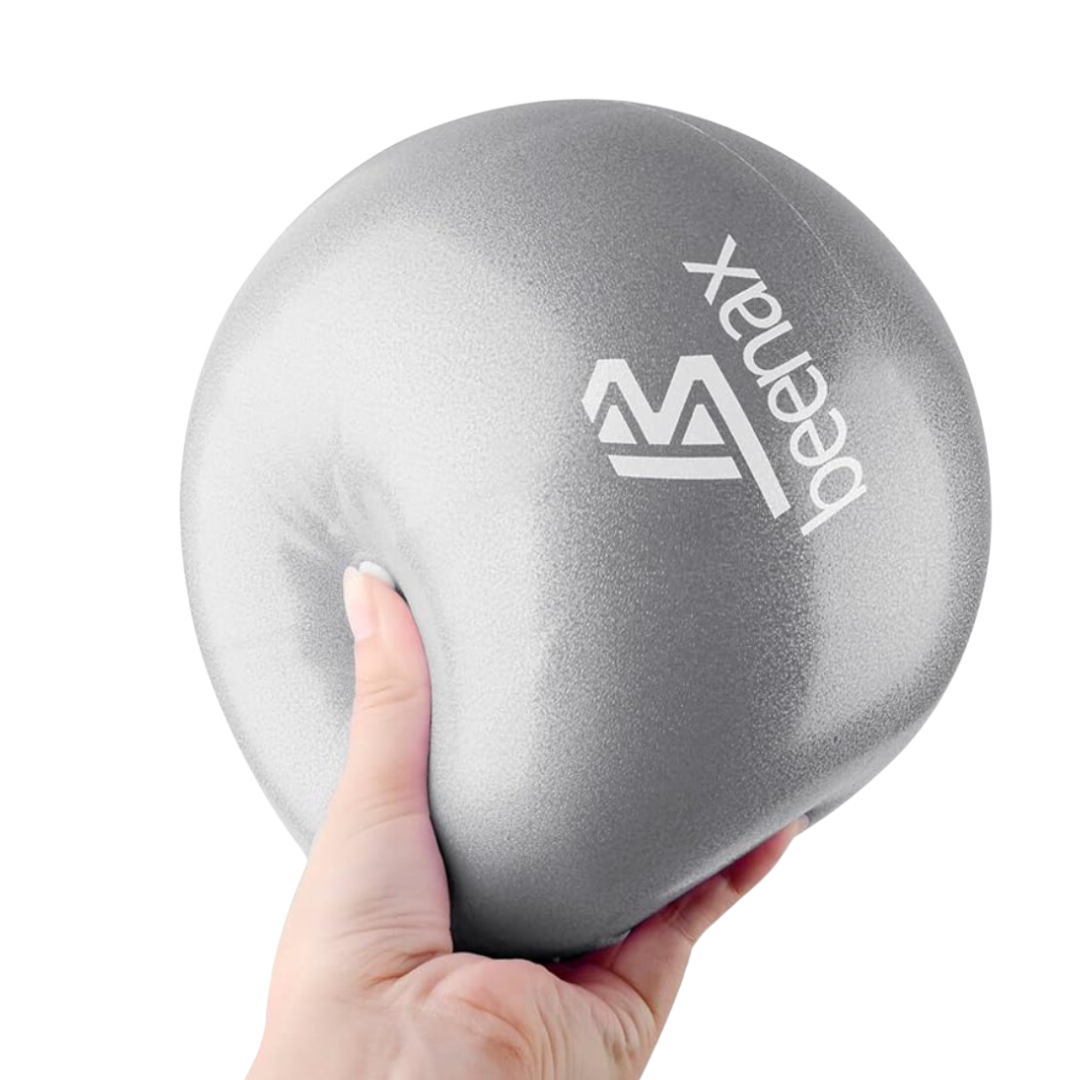
Pilates balls are a handy tool to up the ante during any home workout. Ready, set... feel the burn.

Ally Head is Marie Claire UK's Senior Health and Sustainability Editor, nine-time marathoner, and Boston Qualifying runner. Day-to-day, she heads up all strategy for her pillars, working across commissioning, features, and e-commerce, reporting on the latest health updates, writing the must-read wellness content, and rounding up the genuinely sustainable and squat-proof gym leggings worth *adding to basket*. She also spearheads the brand's annual Women in Sport covers, interviewing and shooting the likes of Mary Earps, Millie Bright, Daryll Neita, and Lavaia Nielsen. She's won a BSME for her sustainability work, regularly hosts panels and presents for events like the Sustainability Awards, and is a stickler for a strong stat, too, seeing over nine million total impressions on the January 2023 Wellness Issue she oversaw. Follow Ally on Instagram for more or get in touch.
-
 The 10 best dresses celebrities from Tiffany & Co.'s Blue Book 2025 Gala
The 10 best dresses celebrities from Tiffany & Co.'s Blue Book 2025 GalaCelebrating the brand's marine-inspired collection
By Sofia Piza
-
 These are the 11 cult designer buys of spring 2025—and they're already selling out
These are the 11 cult designer buys of spring 2025—and they're already selling outFrom Miu Miu's must-have cowboy hat to Loewe's latest bag
By Clementina Jackson
-
 Prince William and Princess Kate have announced their 14th wedding anniversary plans
Prince William and Princess Kate have announced their 14th wedding anniversary plansBy Jenny Proudfoot
-
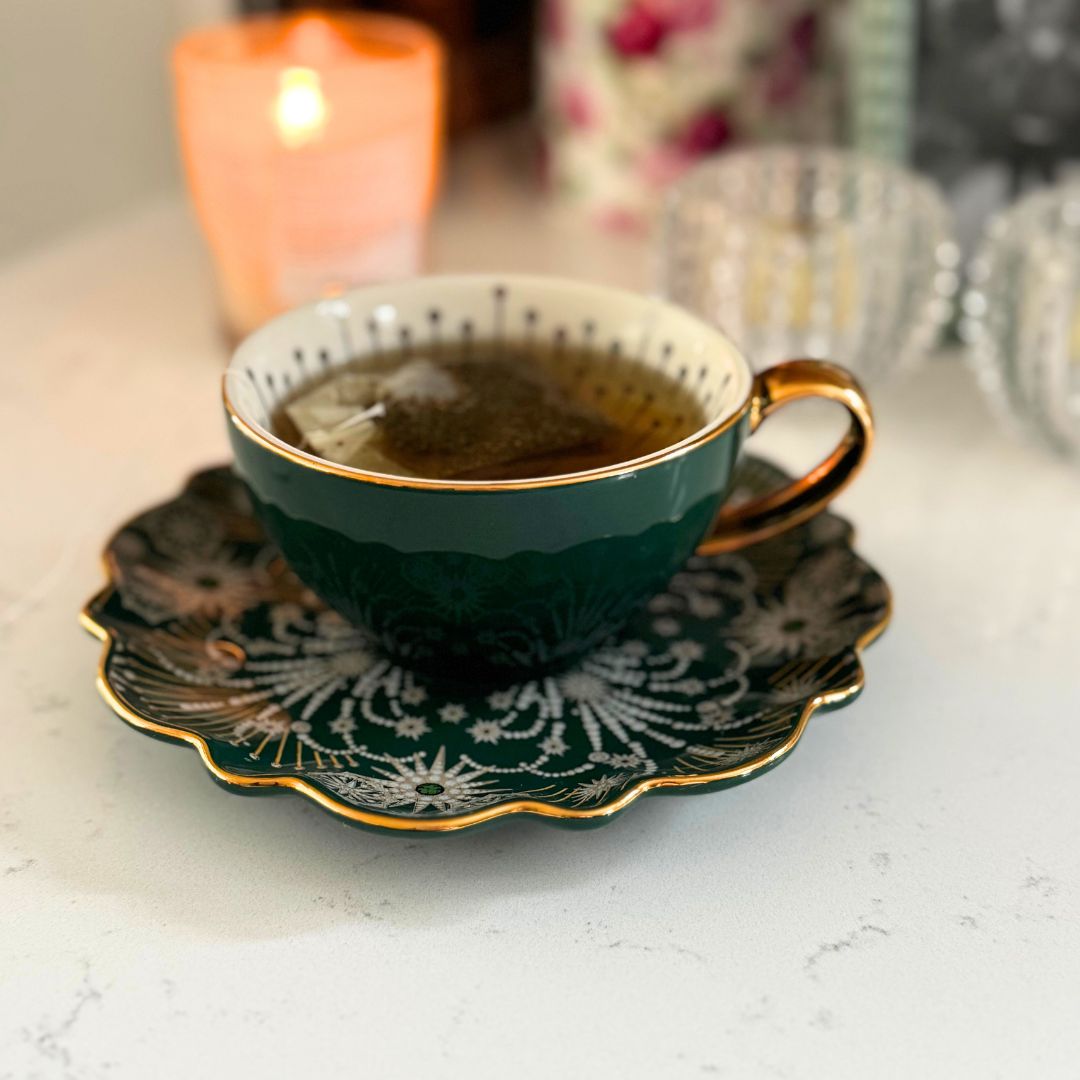 I tried TikTok's lemon balm tea for a week to see if it can really help to reset your nervous system - my honest review
I tried TikTok's lemon balm tea for a week to see if it can really help to reset your nervous system - my honest reviewSit back and pour yourself a cup of calm.
By Anna Bartter
-
 The entire UK seems to be obsessed with saunas RN - 9 benefits to know about, if you're considering giving them a go
The entire UK seems to be obsessed with saunas RN - 9 benefits to know about, if you're considering giving them a goEnter your Scandi girl era.
By Anna Bartter
-
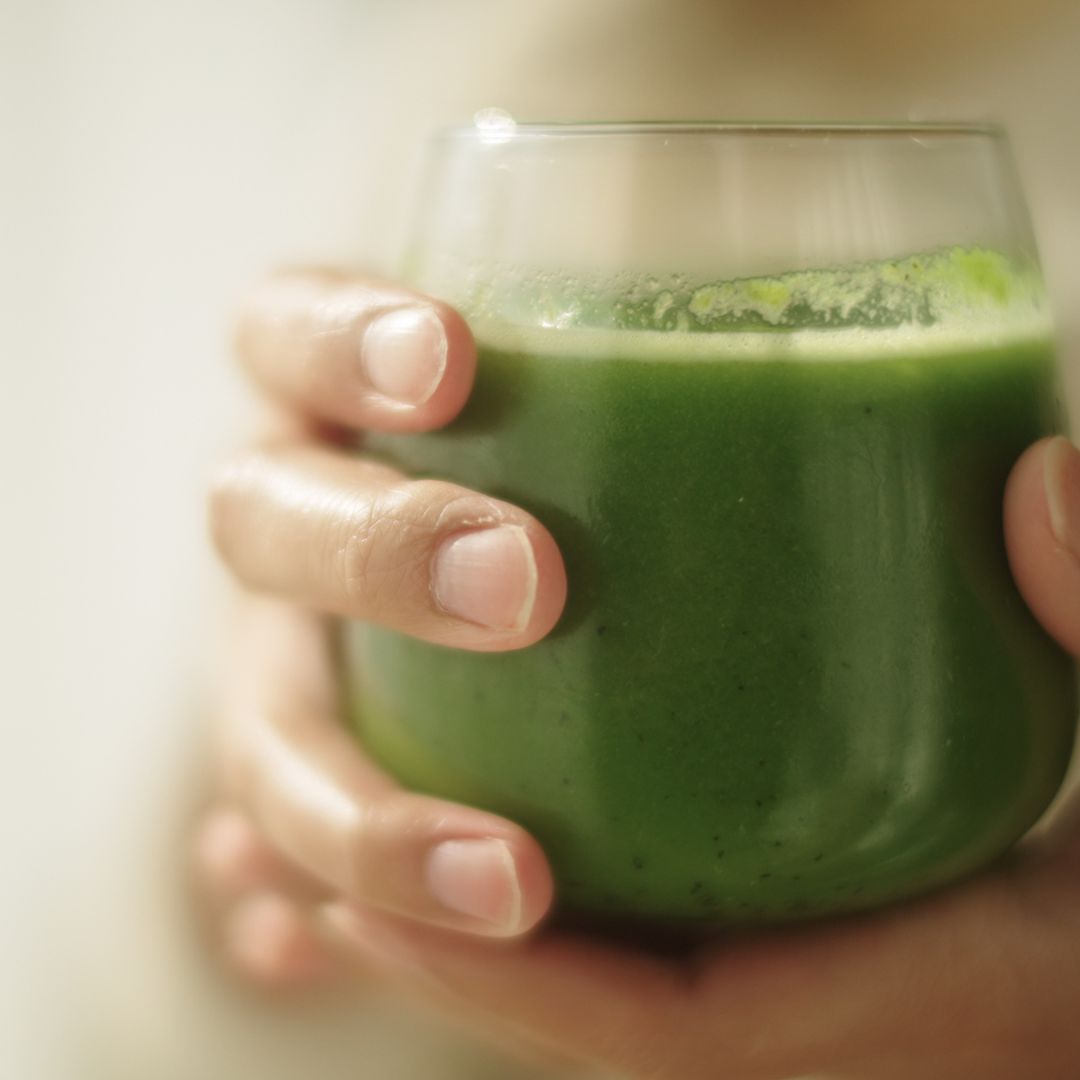 10 common nutrition myths a registered dietician swears they'd never follow - and wants you to avoid, too
10 common nutrition myths a registered dietician swears they'd never follow - and wants you to avoid, tooYou might find these surprising...
By Katie Sims
-
 I tried Jennifer Aniston's 80/20 approach to wellness - and can't tell you how refreshing I've found it
I tried Jennifer Aniston's 80/20 approach to wellness - and can't tell you how refreshing I've found itIt's all about balance.
By Katie Sims
-
 It's one of the most fun home workouts you can do: 6 best exercise hula hoops to add to your fitness regime
It's one of the most fun home workouts you can do: 6 best exercise hula hoops to add to your fitness regimeThey're very affordable, too.
By Amelia Yeomans
-
 As a Health Editor who works out six times a week, here's how cold water showering transformed my post-workout routine
As a Health Editor who works out six times a week, here's how cold water showering transformed my post-workout routineMira Showers' ColdBoost technology has been a game-changer.
By Ally Head
-
 Been consistent with your probiotic supplements but not feeling any different? 5 simple reasons why
Been consistent with your probiotic supplements but not feeling any different? 5 simple reasons whyDaily supps not boosting your wellbeing?
By Ally Head
-
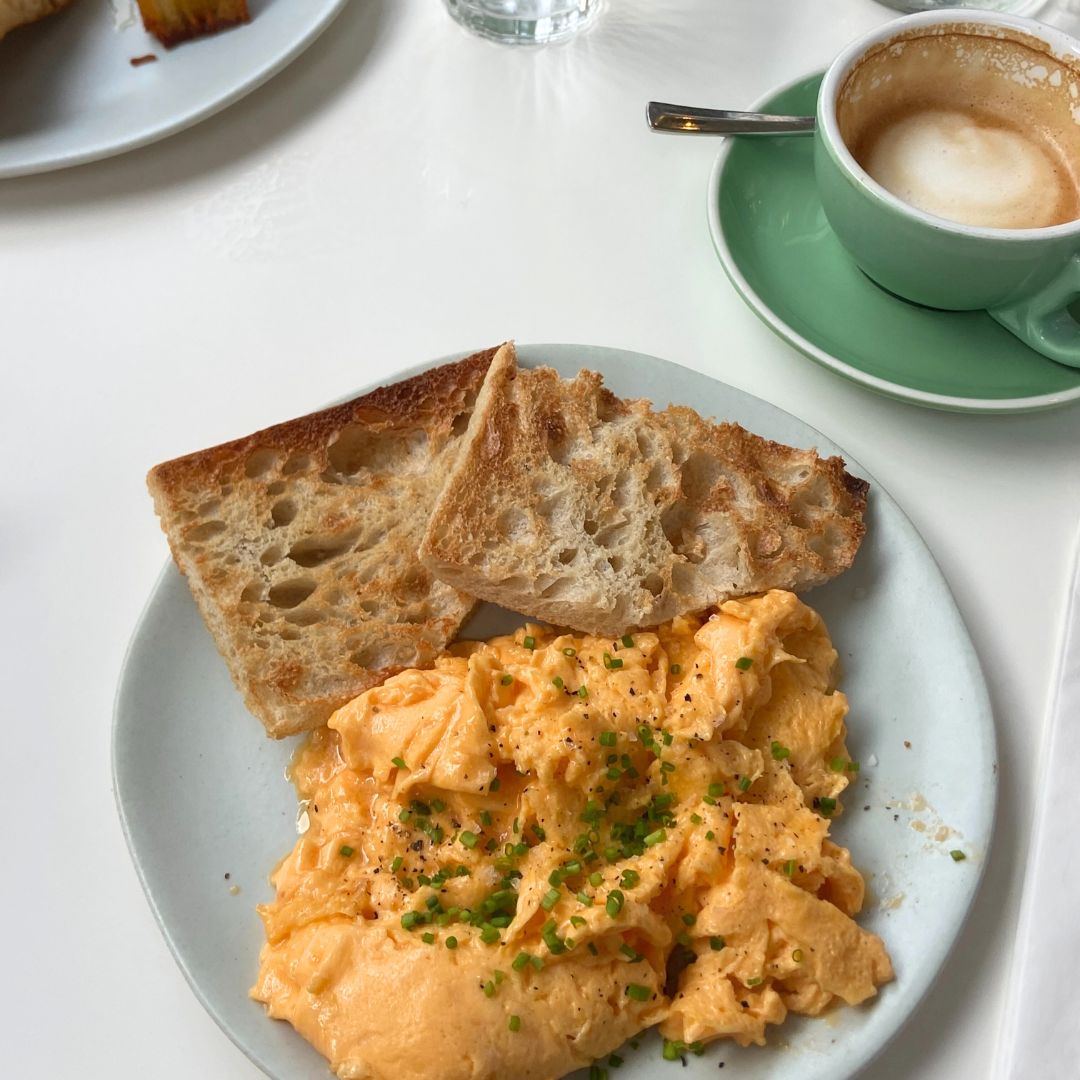 I tried eating high protein breakfasts every day for seven days - and my energy and hunger levels have never felt so balanced
I tried eating high protein breakfasts every day for seven days - and my energy and hunger levels have never felt so balancedKickstart your day with a high protein feast.
By Anna Bartter

